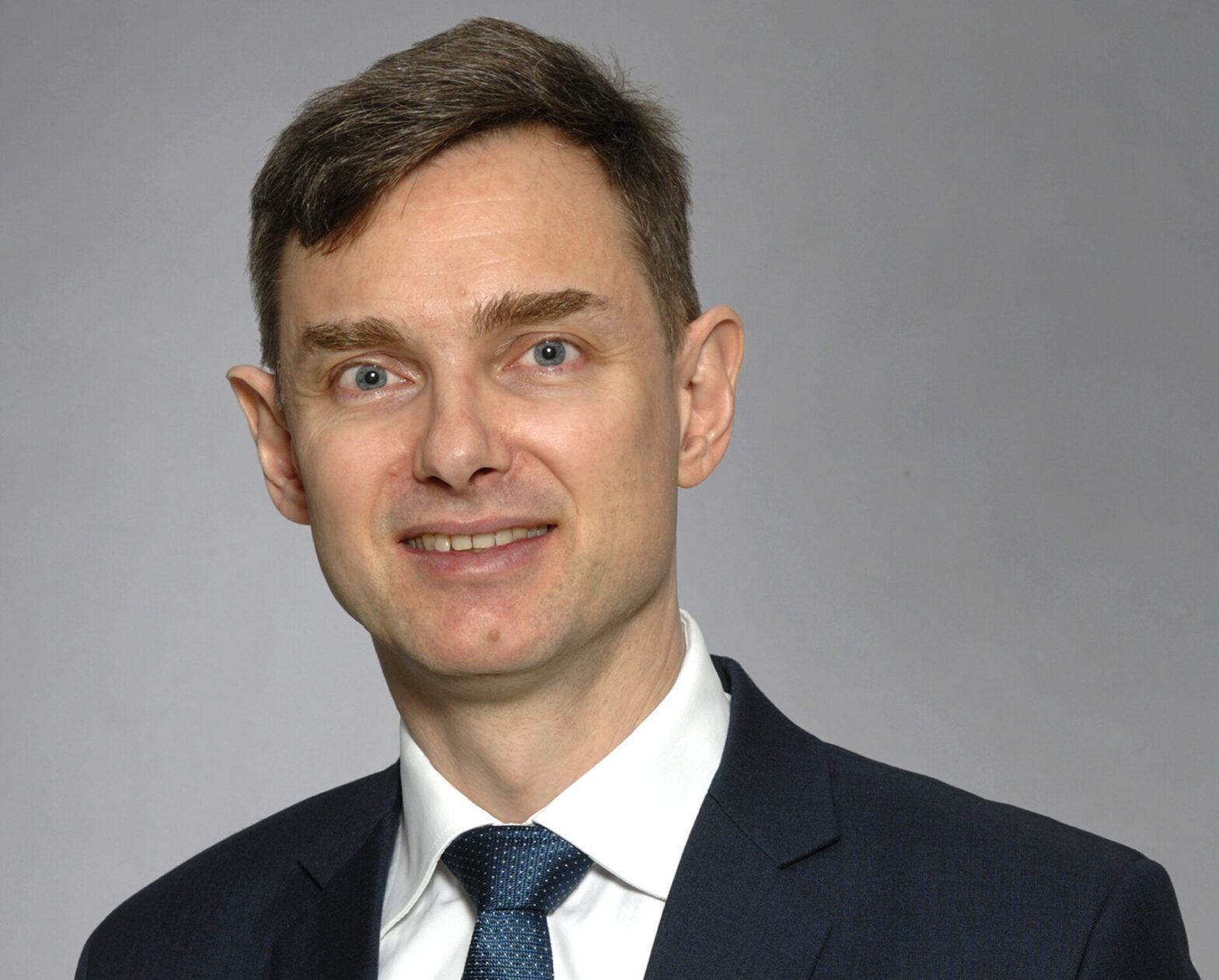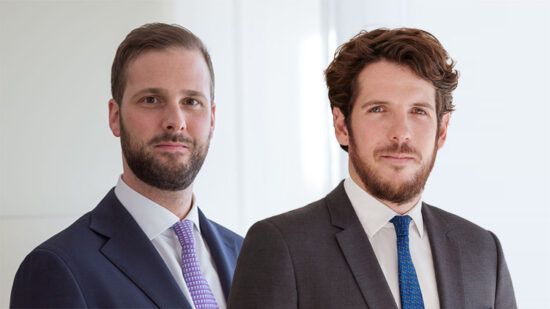Factoring in the recent experience of the coronavirus pandemic, two main learnings are particularly helpful in shaping the forward agenda on the occasion of the 2022 WHO World Immunisation Week.
First, the power of science in solving global public health challenges is nothing short of amazing. Within a year, scientists and the pharmaceutical industry came up with several vaccines against the likely biggest public health challenge since the Spanish flu, which claimed 20-50 million lives between 1918-1920. To drive progress in immunisation, many steps need to be taken. Nevertheless, supporting and leveraging science will continue to be an essential element of any long-term immunisation strategy.
Second, for vaccines to be effective in protecting the population, rollout is essential. With a global population of 7.9 billion people, we must constantly consider new pathways to accelerate vaccine deployment and access for low-income and remote populations. This is costly, and invites us to examine the full range of capital mobilisation strategies to unlock the necessary resources.
Accelerating impact
When asking how we can access the benefits of immunisation faster, one promising pathway is innovative finance. Why? Because there is no practical reason why the techniques and concepts of finance and capital markets cannot be deployed to make capital available in solving some of the most pressing social challenges of our time. Leveraging the time value of money, immunisation is particularly well-suited to the tools of financial engineering. Borrowing against future grant pledges enables us to tackle a time-critical issue prior to the actual receipt of the pledged funds.
Monetising future grant pledges
To remind us of what’s possible in addressing the funding gap, it is worth revisiting the case and track record of the International Finance Facility for Immunisation (IFFIm). IFFIm was proposed in 2004 as an independent development institution to generate finance to support the immunisation programmes of GAVI, the Vaccine Alliance, and was formally established in 2006 as a charity registered with the Charity Commission for England and Wales.
With the World Bank as IFFIm’s treasury manager, IFFIm’s Vaccine Bonds enable donors to put their pledged contributions to work immediately. Sovereign donors and the Bill and Melinda Gates Foundation support GAVI’s work through annual tranches, so-called instalments. Raising money faster front-loads the positive health impact of vaccinations.
Moreover, Vaccine Bonds provide investors with a portfolio diversification opportunity with attractive risk adjusted returns, via a socially responsible investment that helps to protect the lives of millions of children. IFFIm’s financing support to GAVI has accelerated life-saving vaccines in the world’s poorest countries: since 2000, GAVI has immunised more than 888 million children, prevented more than 15 million deaths, and helped to cut child mortality in half in 73 developing countries across Africa and Asia.[1]
Building capacity and readiness
Our global public health challenges are manifold and varied. More financial innovation is needed to mobilise different pools of capital and to fast track solutions – analogous to other domains such as green bonds in the field of climate change. This is not just a technical challenge; it also requires international organisations to be ready and build capacity for innovative financing solutions.
To help advance this process, via our corporate foundation Fondation Lombard Odier, we recently collaborated with the International Institute for Management Development (IMD), the International Committee of the Red Cross and the World Economic Forum to create a new training programme for professionals entitled Driving Innovative Finance for Impact, which will be rolled out in the autumn of 2022. The goal is to enable those who want to leverage the power of innovative finance to expand the impact of their organisations, in line with the spirit of the 2022 WHO World Immunisation Week.








